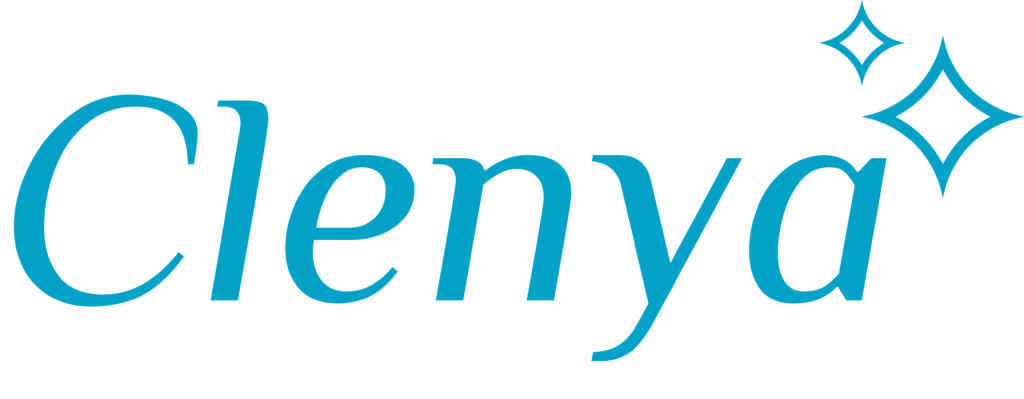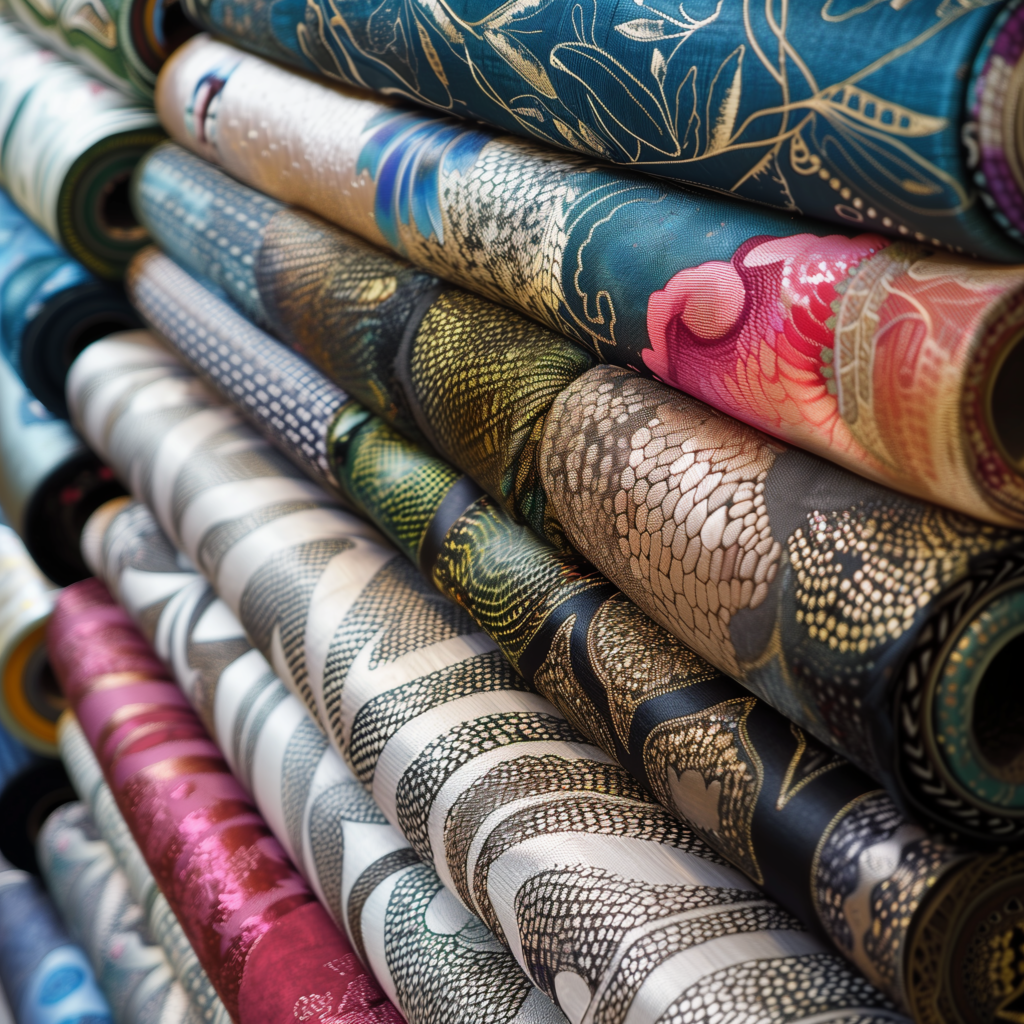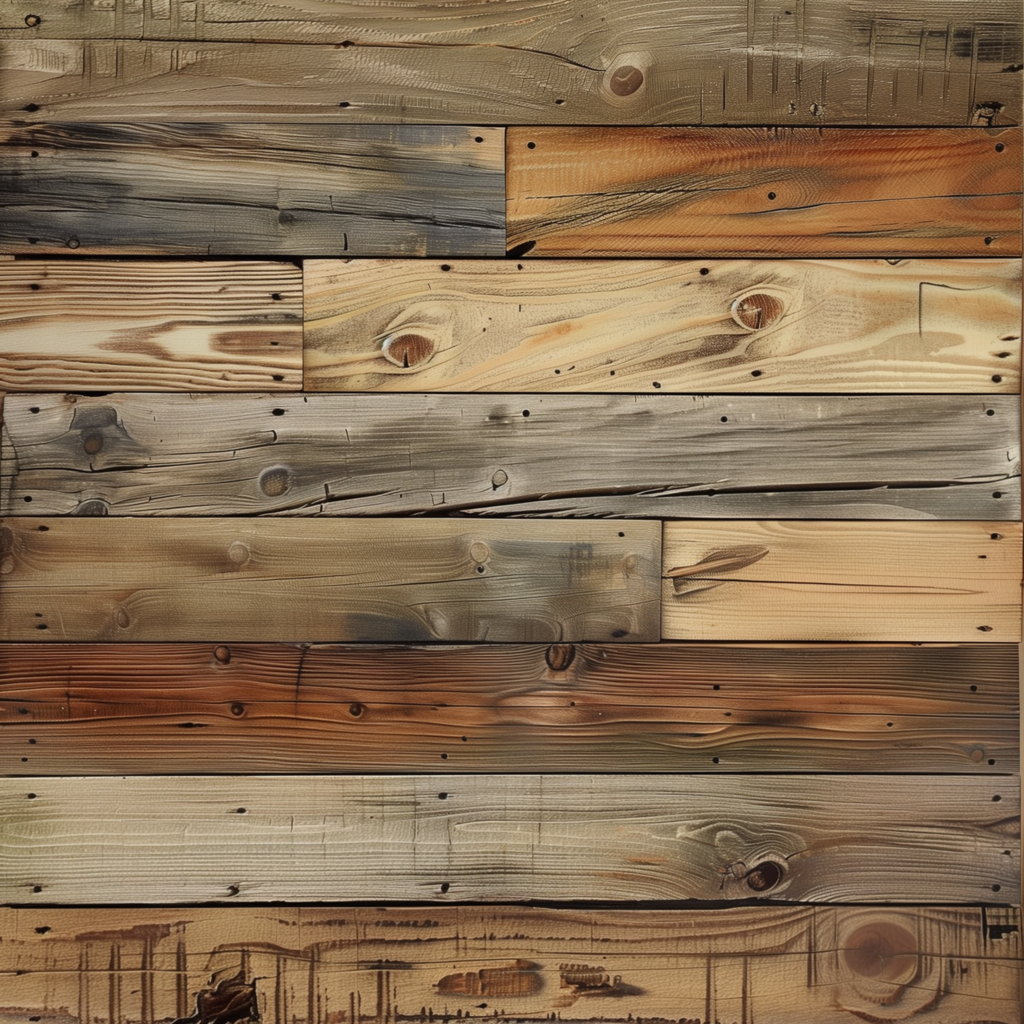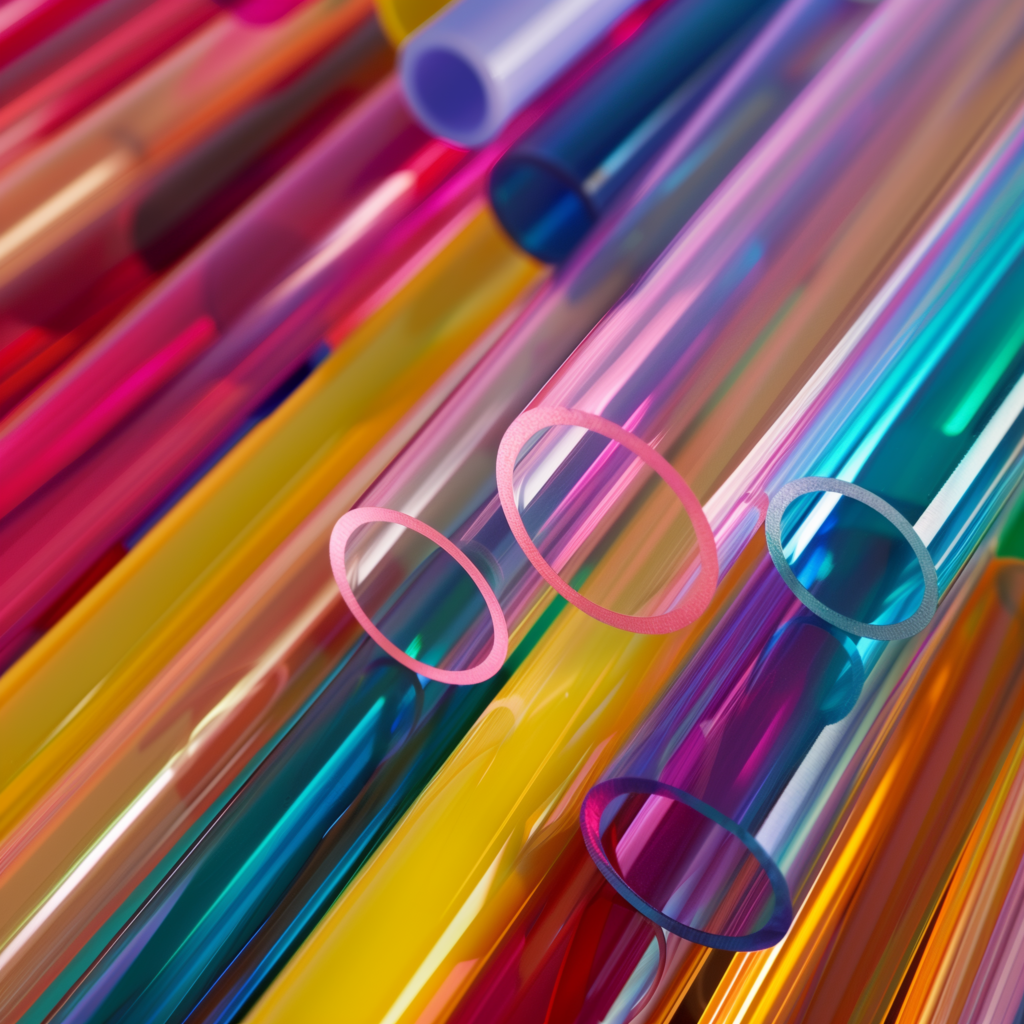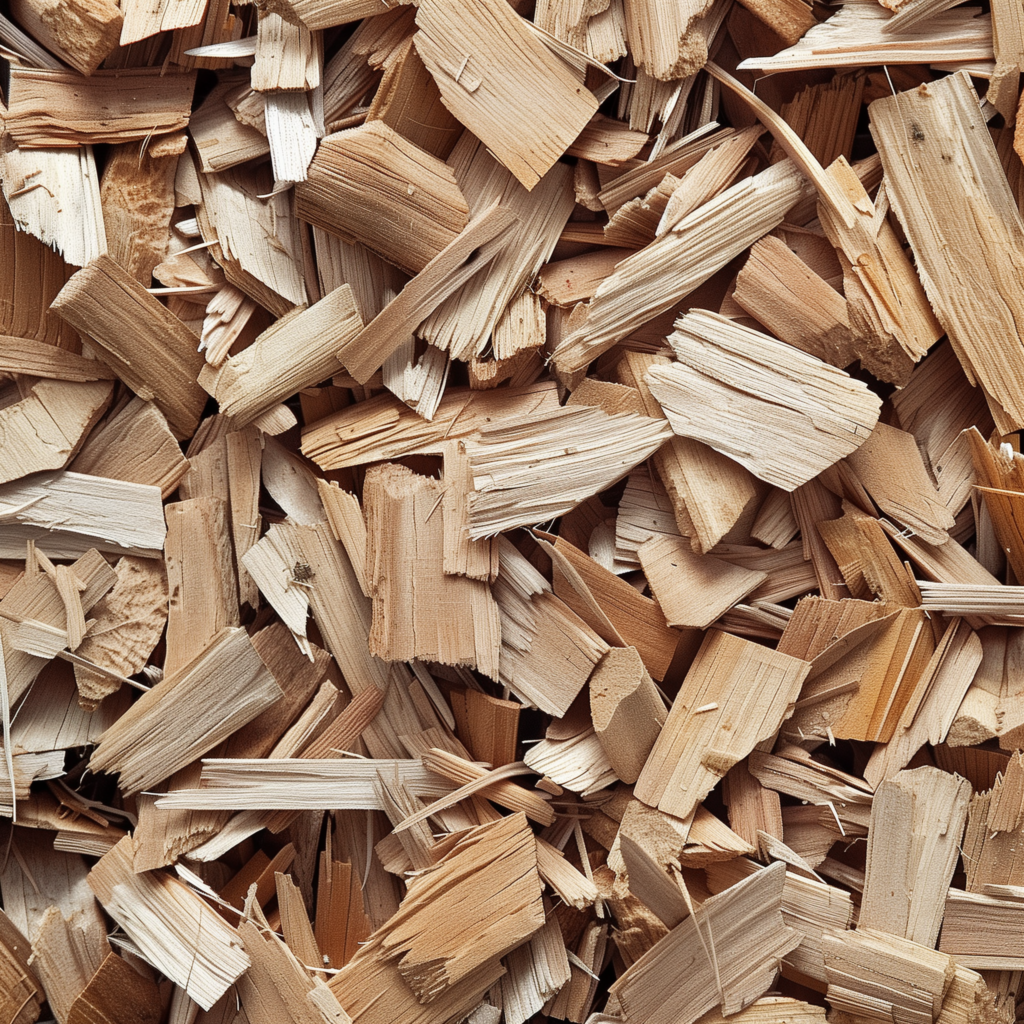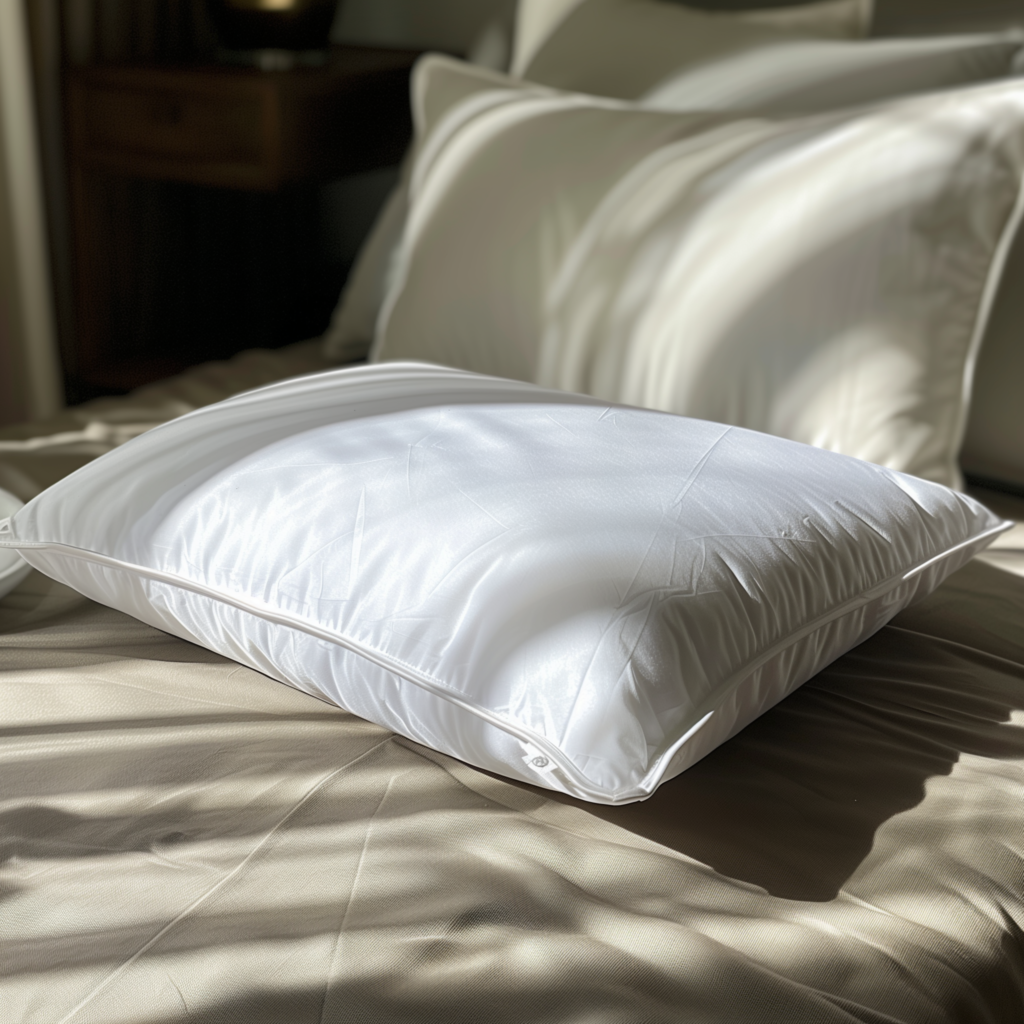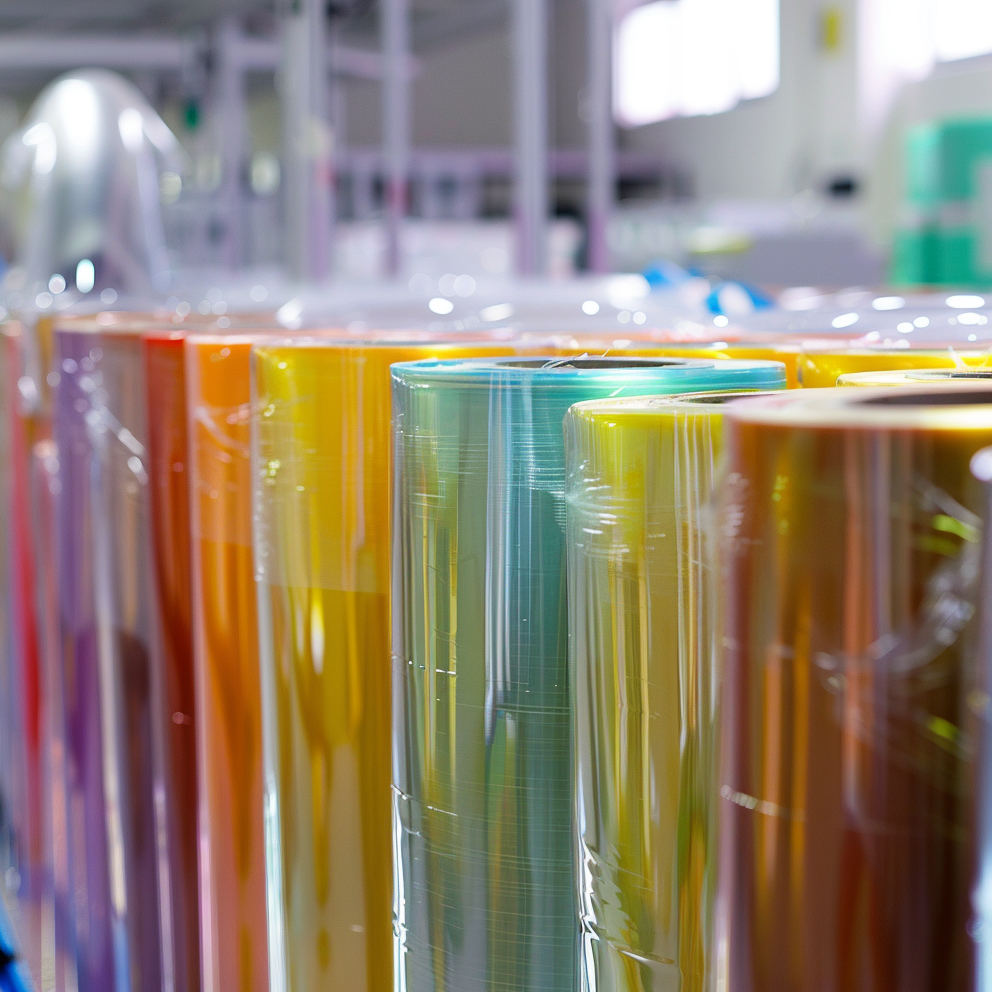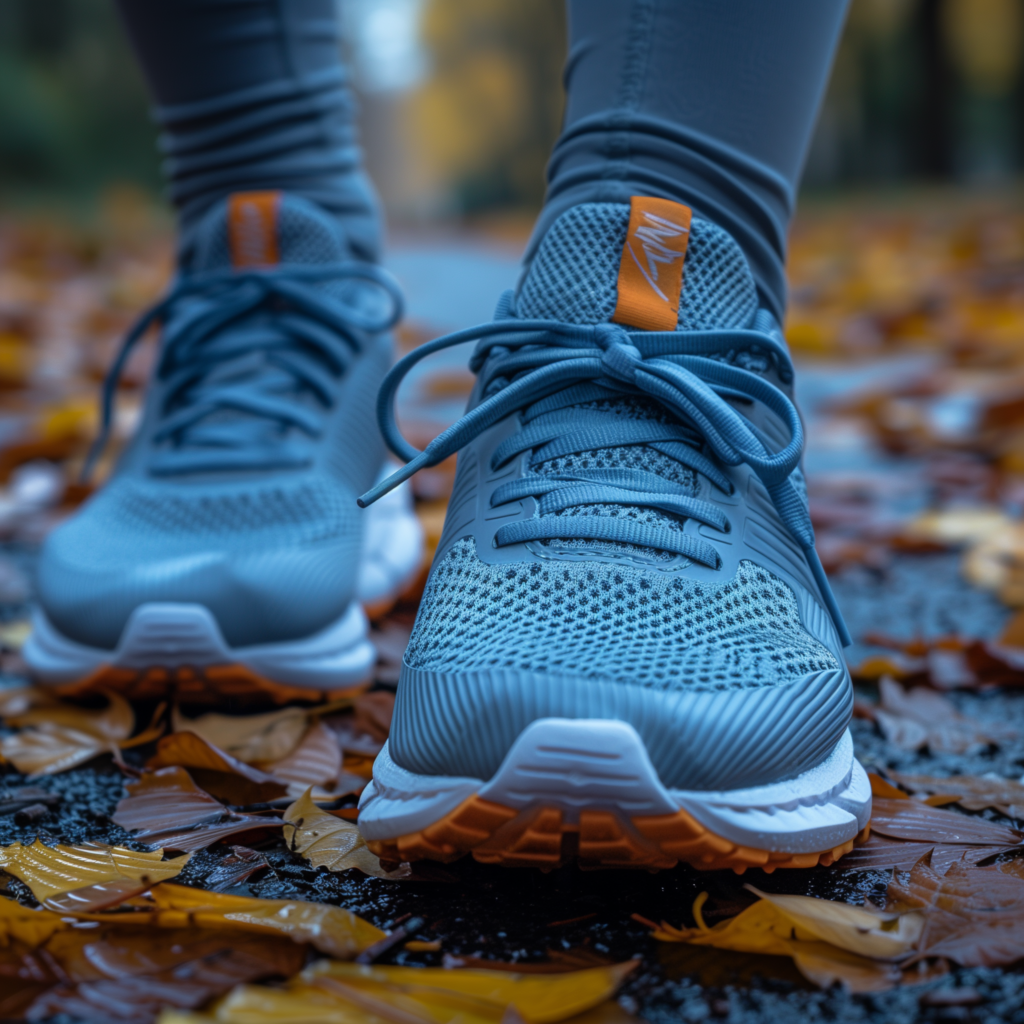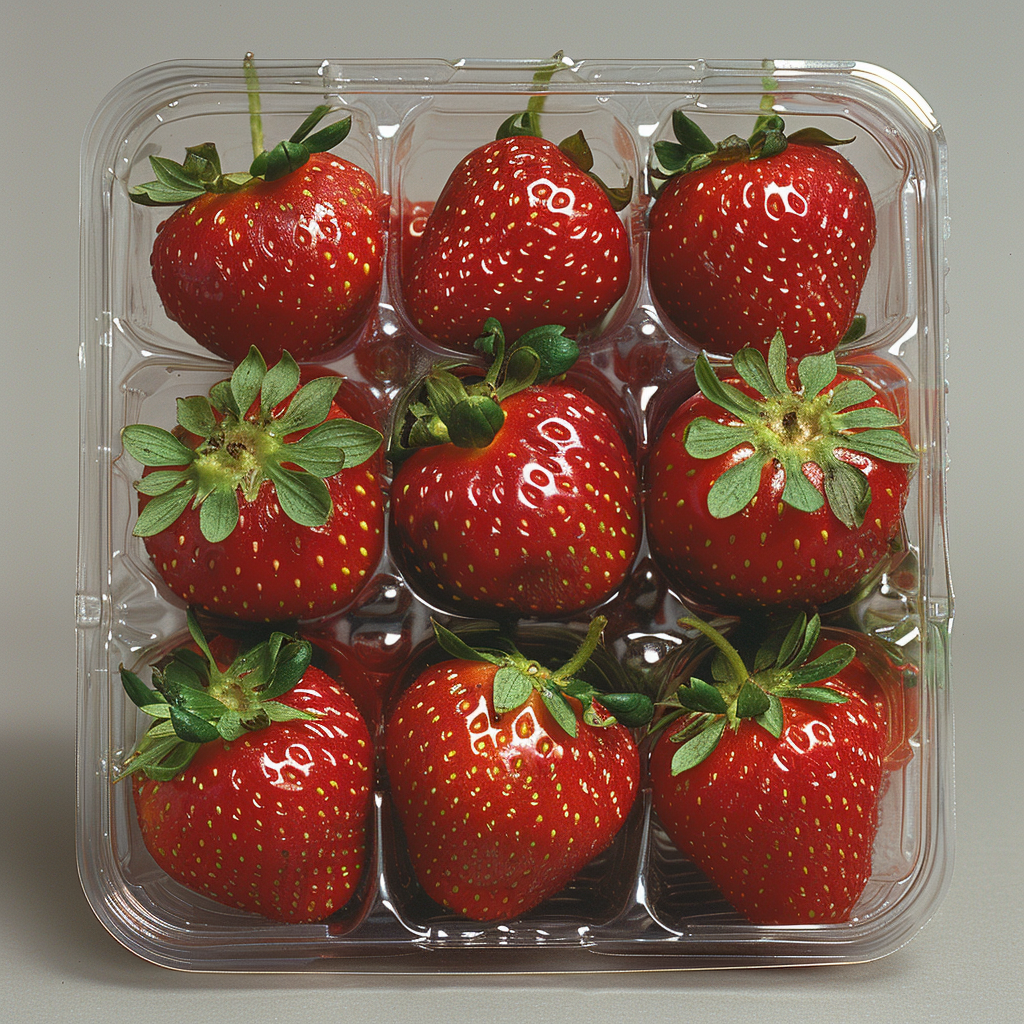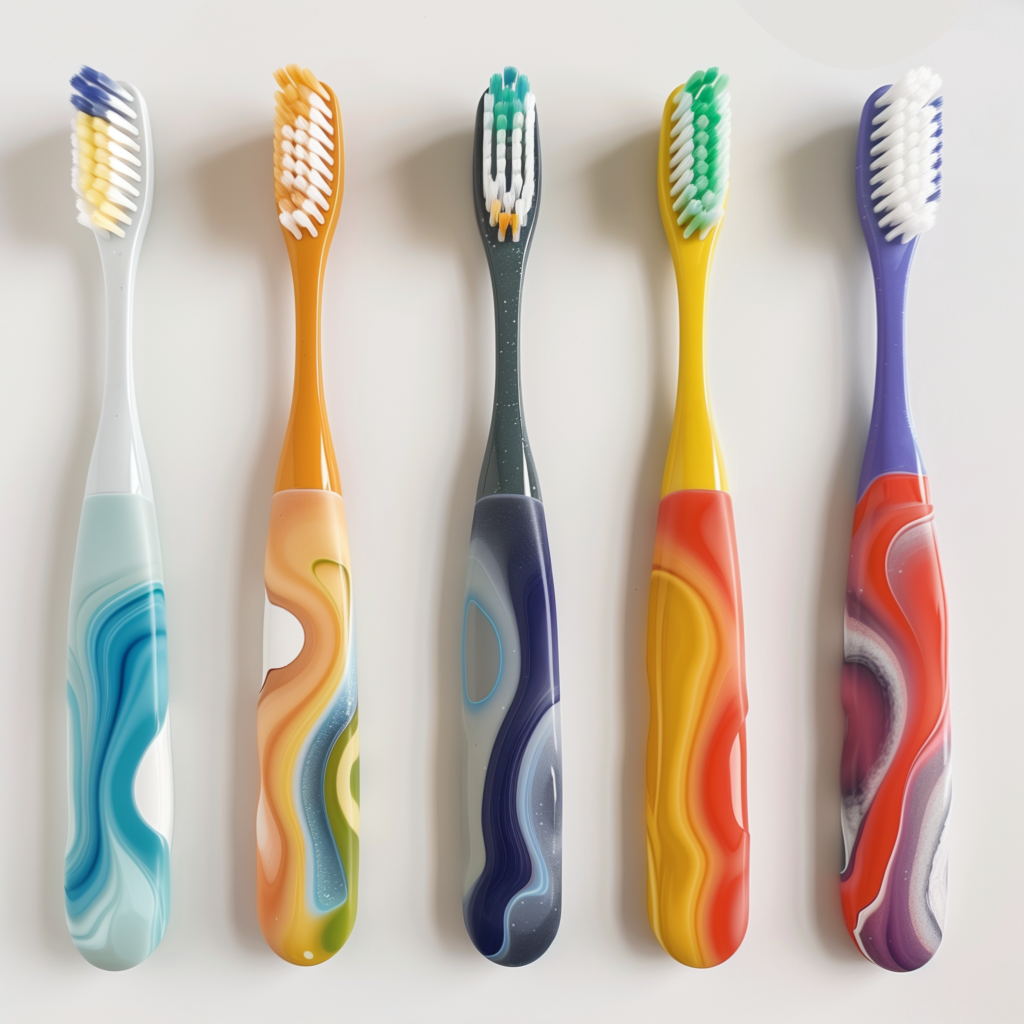CHRYSION – MAKING ASBESTOS REMEDIATION PROFITABLE

The future of asbestos remediation.
Changing the game, preserving the planet.
Chrysion revolutionized the landscape of asbestos management, offering a safe, affordable, and profitable solution.
Chrysion doesn’t just eliminate asbestos; it transforms it into harmless materials through a safe and efficient process.
But that’s not all – our method also extracts valuable resources such as magnesium (Mg), nickel (Ni), and manganese (Mn), turning asbestos remediation into a profitable venture.
By recovering these sought-after metals, we not only mitigate environmental risks but also create economic opportunities. Our process stands as a testament to our commitment to sustainability and innovation, accommodating a wide range of waste materials, including milk serum and other liquids like citrus peels and leachate.
With Chrysion, asbestos remediation isn’t just responsible – it’s profitable!
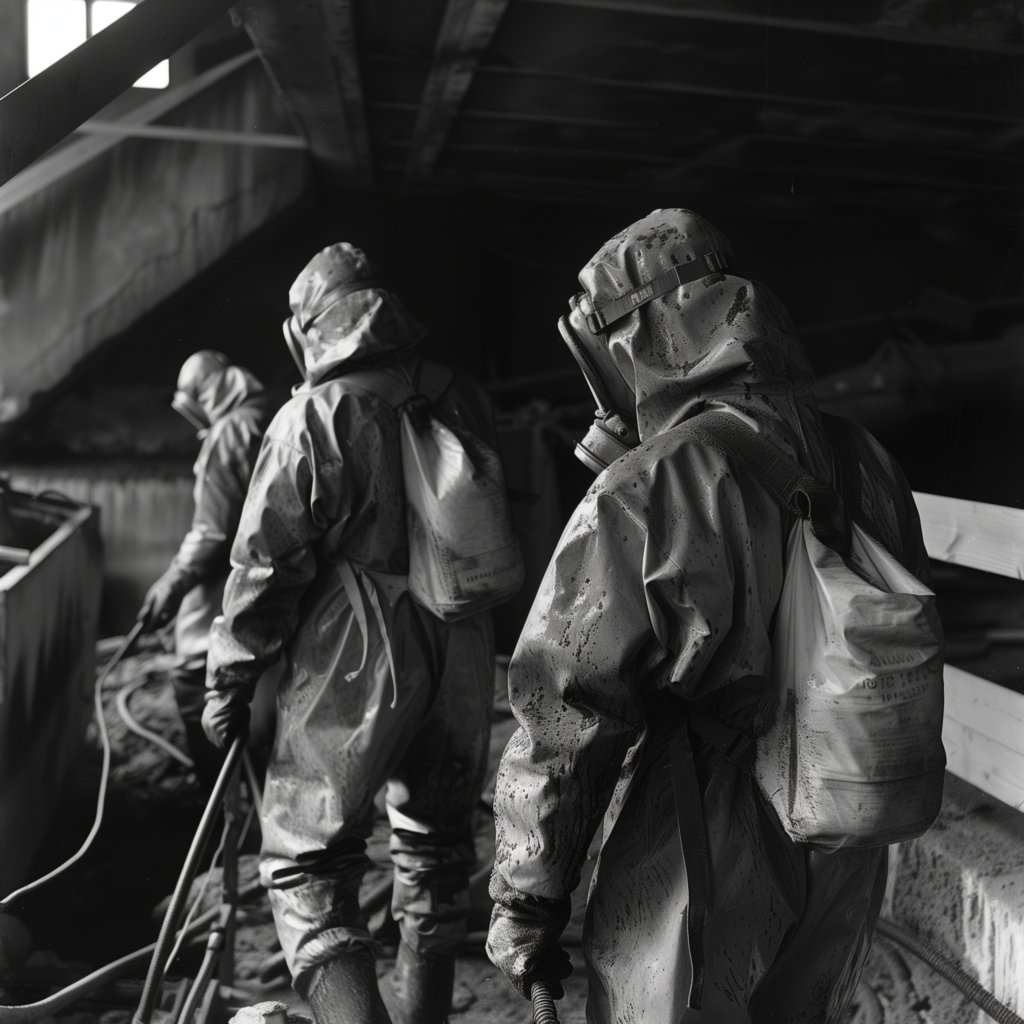
REVENUE GENERATION
Producing Magnesium (Mg), Nickel (Ni), and Manganese (Mn)
SAFE ENVIRONMENT
With no risks for workers and communities
SUSTAINABLE
Eco-friendly processes while recycling wastes
FLEXIBLE
Adaptable to a wide range of waste materials
FLEXIBILITY OF USING MANY TYPES OF WASTES
Chrysion offers unparalleled versatility by effectively utilizing a variety of waste materials, including milk serum and other liquids such as citrus peels and leachate, which are currently regarded as waste products.
These substances serve as valuable resources in our process, acting as acidifiers to facilitate the transformation of hazardous materials like asbestos into inert compounds.
Through this innovative approach, Chrysion not only addresses environmental challenges but also harnesses the potential of waste materials to create sustainable solutions.
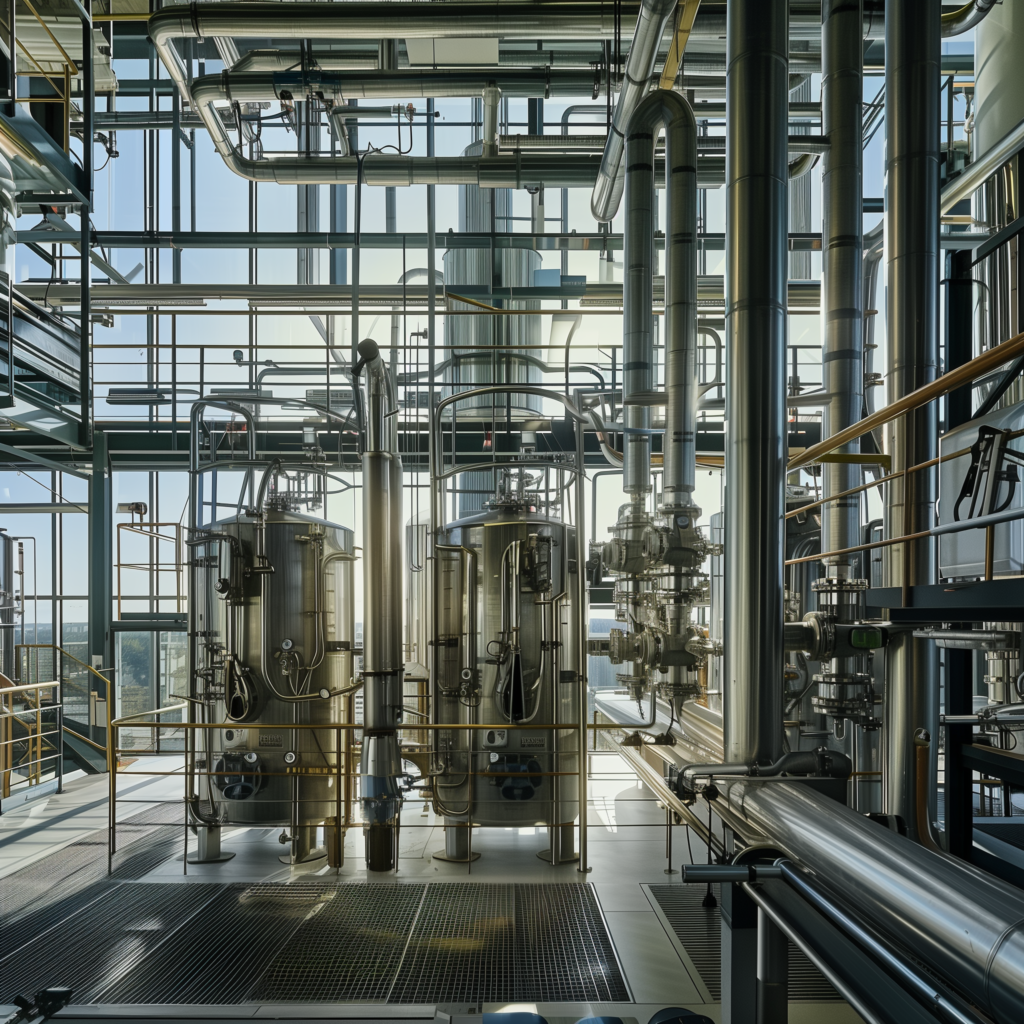
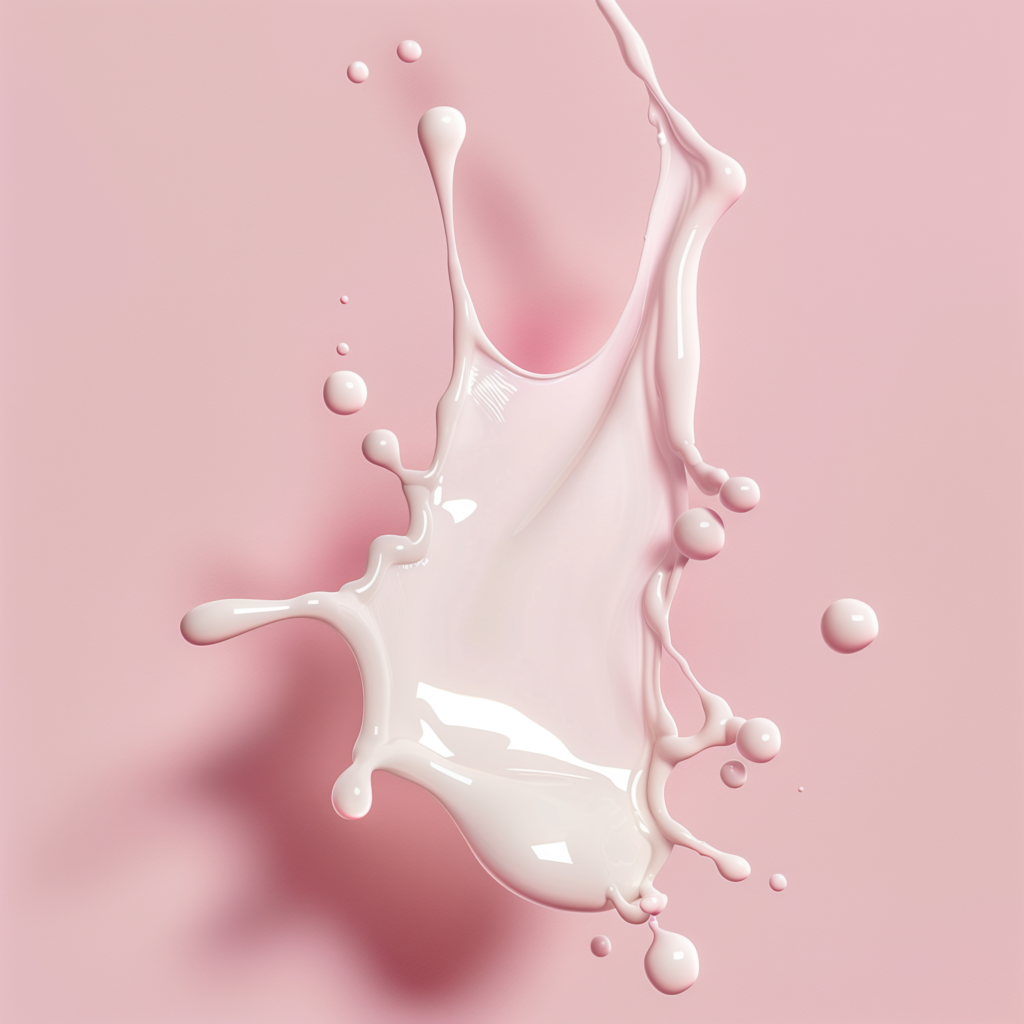
MILK SERUM
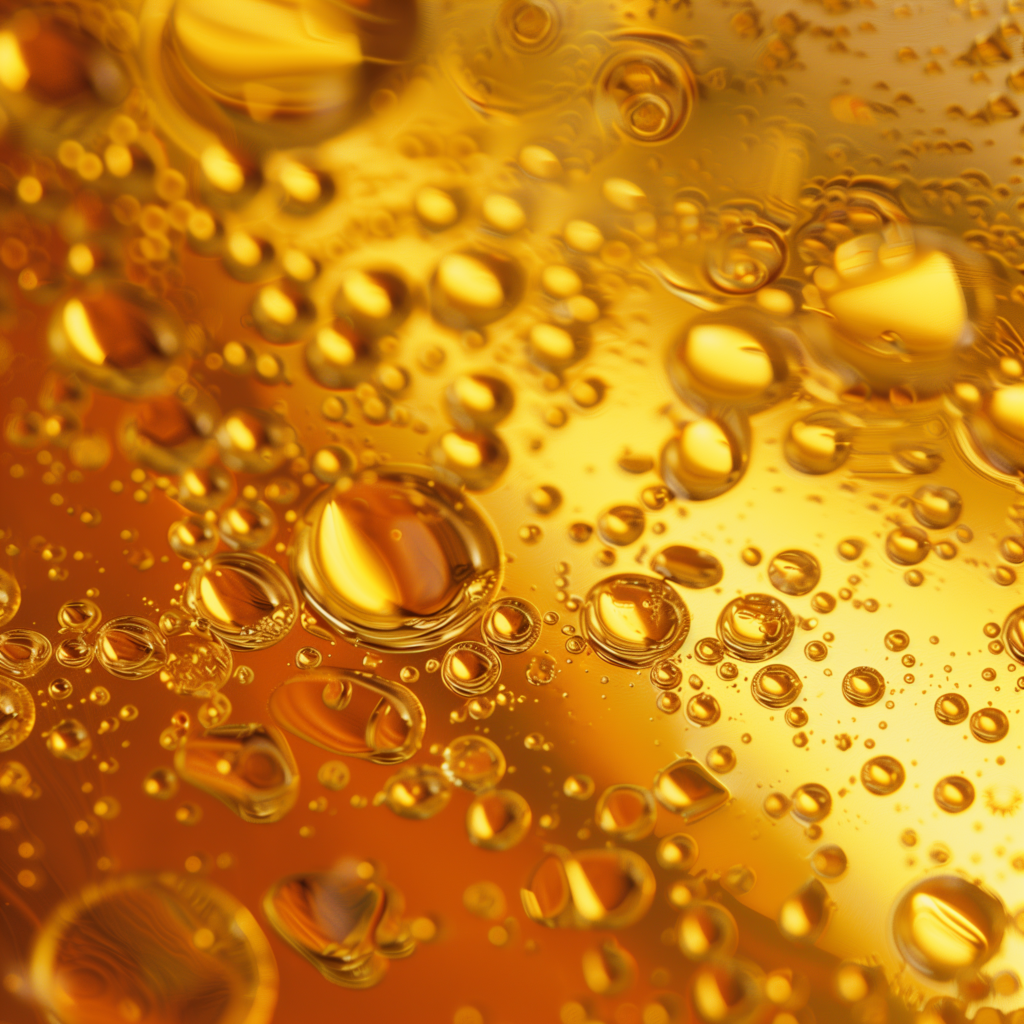
BEER WASTE
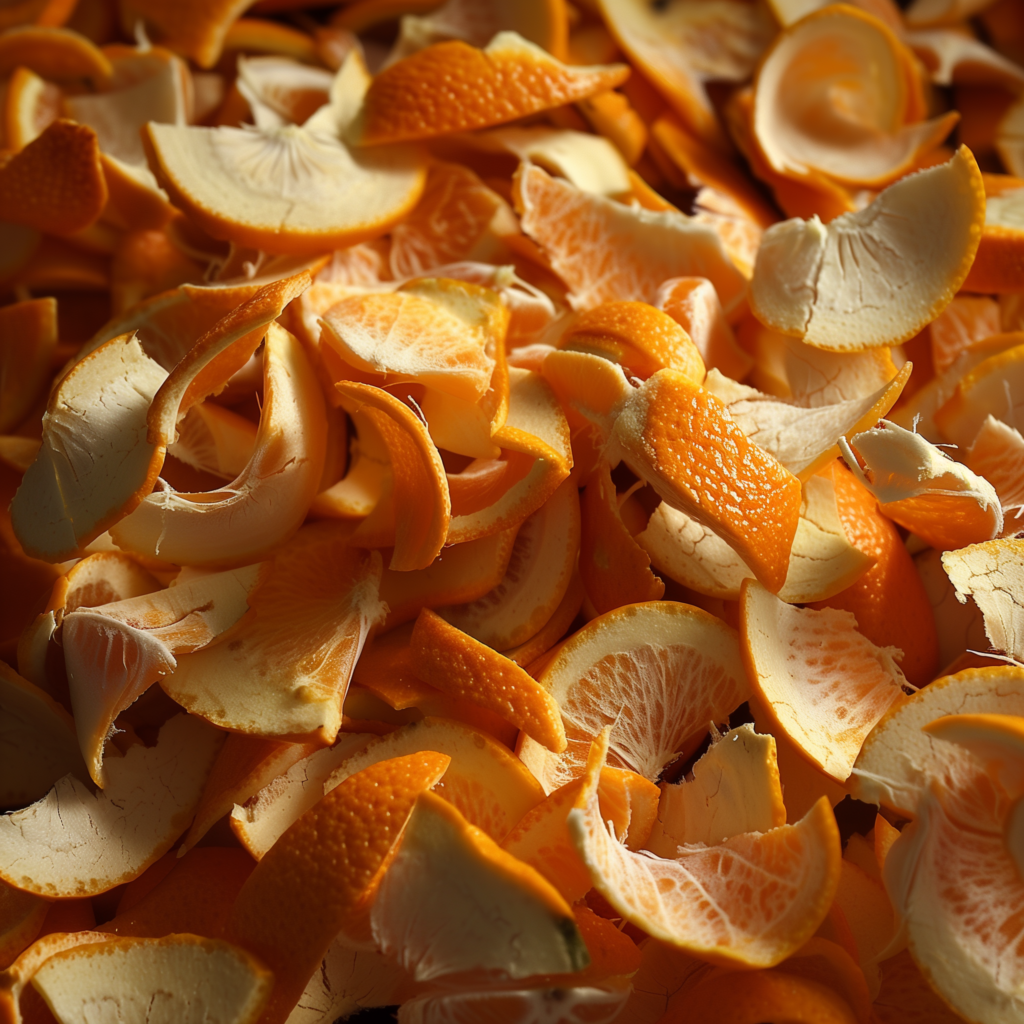
ORANGE PEELS

WASTE PERCOLATE
ACTUALLY, WHAT IS ASBESTOS ?
Asbestos refers to a broad group of naturally occurring minerals with fibrous structures classified within the silicate class.
Despite the recognized health risks, asbestos was extensively used in various industries.
However, with the ratification of research findings by the World Health Organization regarding its carcinogenicity, asbestos was subsequently
banned.
Prior to the ban, asbestos was widely utilized in the production of cement-asbestos products, including roofing, tanks, and pipes. Many of these products remain in use.
An alternative to landfill disposal involves chemical-physical treatments such as chemical inertization, physical inertization, ceramification, or vitrification.
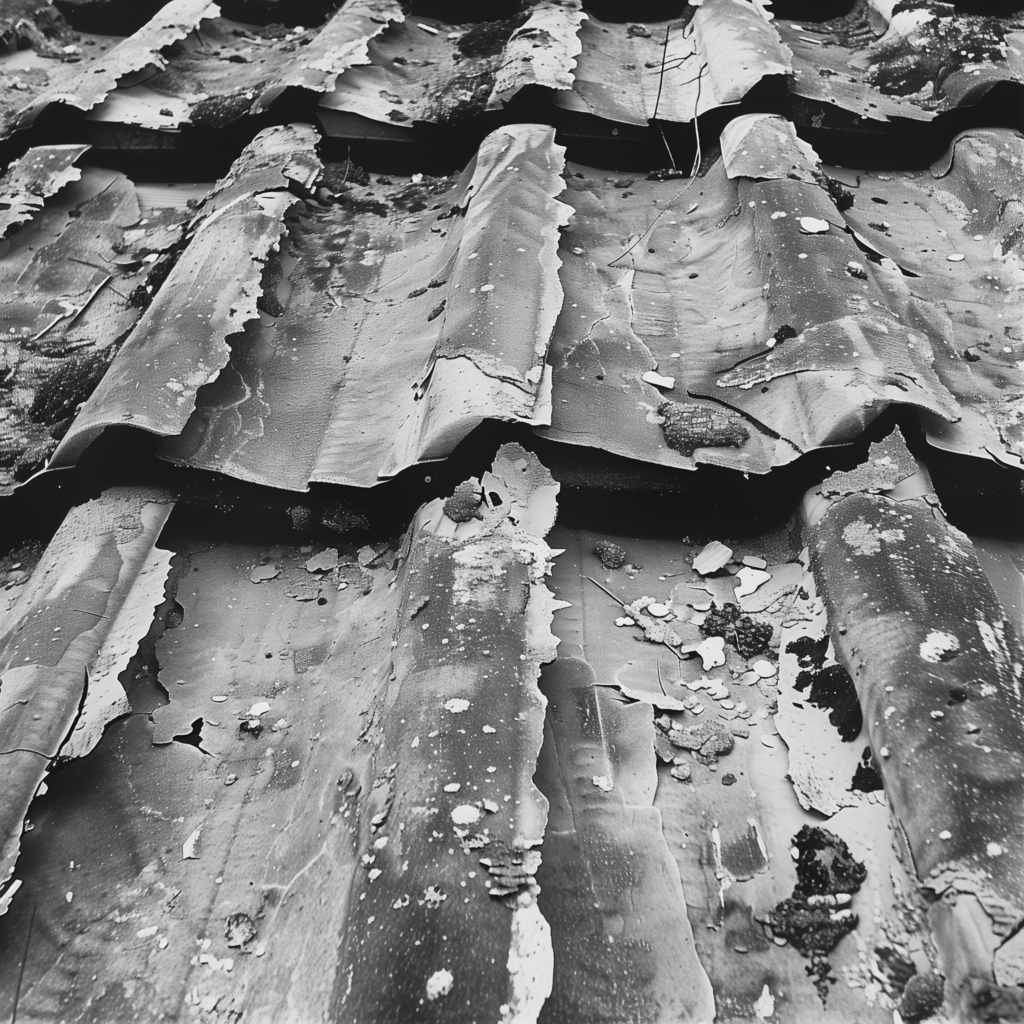
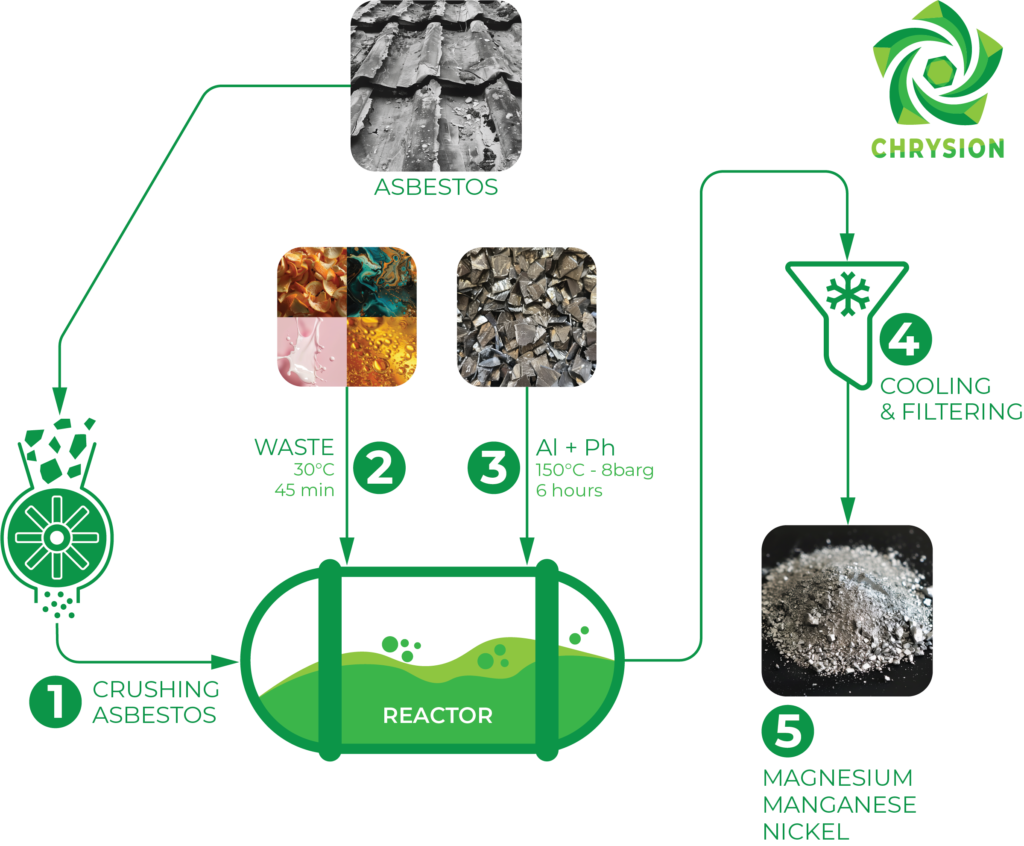
THE PROCESS EXPLAINED
The process utilizes, in its initial phase, the acidic properties of exhausted milk
serum and its ability to attack and decompose the cementitious matrix of
asbestos at room temperature.
- Purification for use in fertilizer production
- Fine crushing (0.5 – 1 mm) of asbestos-containing waste
- Transfer of crushed wastes to hermetic reactors
- Decarbonation phase in acid wastes, 30-60 minutes at room temperature
- Introduction of aluminum and phosphoric acid, 150°C, 6-10 atm, 6 hours
- Cooling phase

